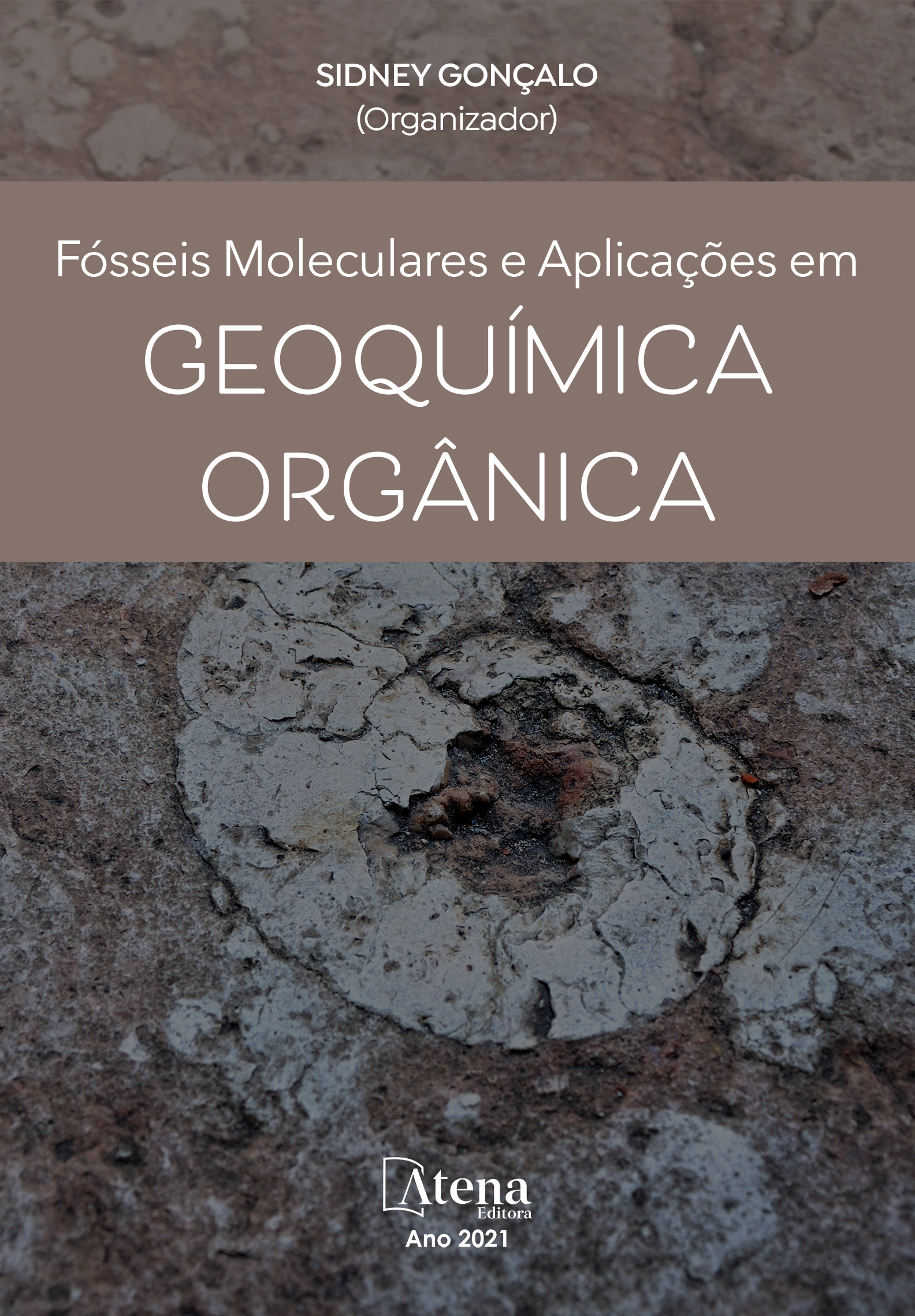
OCORRÊNCIA E DISTRIBUIÇÃO DE HIDROCARBONETOS AROMÁTICOS EM ROCHAS SEDIMENTARES DA FORMAÇÃO CODÓ – CRETÁCEO (BACIA DO PARNAÍBA)
Depósitos Aptianos, correspondentes à Formação Codó (FC), têm despertado interesse, não apenas pelo aspecto econômico, mas também por constituírem o principal registro das etapas iniciais de abertura do Oceano Atlântico Equatorial. Trabalhos geológicos anteriores mostraram que a FC sofreu a influência de vários ciclos marinhos transgressivos-regressivos, sugerindo várias possibilidades de ambientes deposicionais, de deltaico salino à marinho raso. O objetivo deste trabalho foi avaliar a composição química de hidrocarbonetos aromáticos (HCA) na matéria orgânica de rochas de afloramento da Formação Codó, e sua relação com o paleoambiente deposicional, origem e maturação. As amostras de rocha foram coletadas em afloramentos nas cidades de Codó e Grajaú no Estado do Maranhão, seguindo metodologias clássicas. A distribuição de HCA e o cálculo de alguns parâmetros moleculares sugeriram que as amostras apresentaram baixa evolução térmica e contribuição de MO lacustre, corroborando com estudos anteriores com fração saturada e dados geoquímicos. A identificação de carotenoides aromáticos e derivados, são indicativos de um paleoambiente deposicional anóxico sob condições euxínicas.
OCORRÊNCIA E DISTRIBUIÇÃO DE HIDROCARBONETOS AROMÁTICOS EM ROCHAS SEDIMENTARES DA FORMAÇÃO CODÓ – CRETÁCEO (BACIA DO PARNAÍBA)
-
DOI: 10.22533/at.ed.15822060111
-
Palavras-chave: Alquilfenantrenos; Dibenzotiofenos; alquildibenzotiofenos; Carotenoides Aromáticos; Formação Codó.
-
Keywords: Alkylphenanthrenes; Dibenzothiophenes; alkyldibenzothiophenes; Aromatic Carotenoids; Codó Formation.
-
Abstract:
Aptian deposits, corresponding to the Codó Formation (FC), have aroused interest, not only for the economic aspect but also for constituting the main record of the initial stages of the opening of the Equatorial Atlantic Ocean. Previous geological work showed that CF was influenced by several transgressive-regressive marine cycles, suggesting different depositional environments, from saline deltaic to shallow marine. The objective of this work was to evaluate the chemical composition of aromatic hydrocarbons (HCA) in the organic matter of outcrop rocks of the Codó Formation and its relationship with the depositional paleoenvironment, origin, and maturation. The rock samples were collected from outcrops in the cities of Codó and Grajaú in the State of Maranhão, following classical methodologies. The distribution of HCA and the calculation of some molecular parameters suggested that the samples showed low thermal evolution and lacustrine MO contribution, consistent with previous studies with saturated fraction and geochemical data. The identification of aromatic carotenoids and derivatives is indicative of an anoxic depositional paleoenvironment under euxinic conditions.
-
Número de páginas: 19
- Edymilaís da Silva Sousa
- Christian Dário Silva de Melo
- Sidney Gonçalo de Lima


